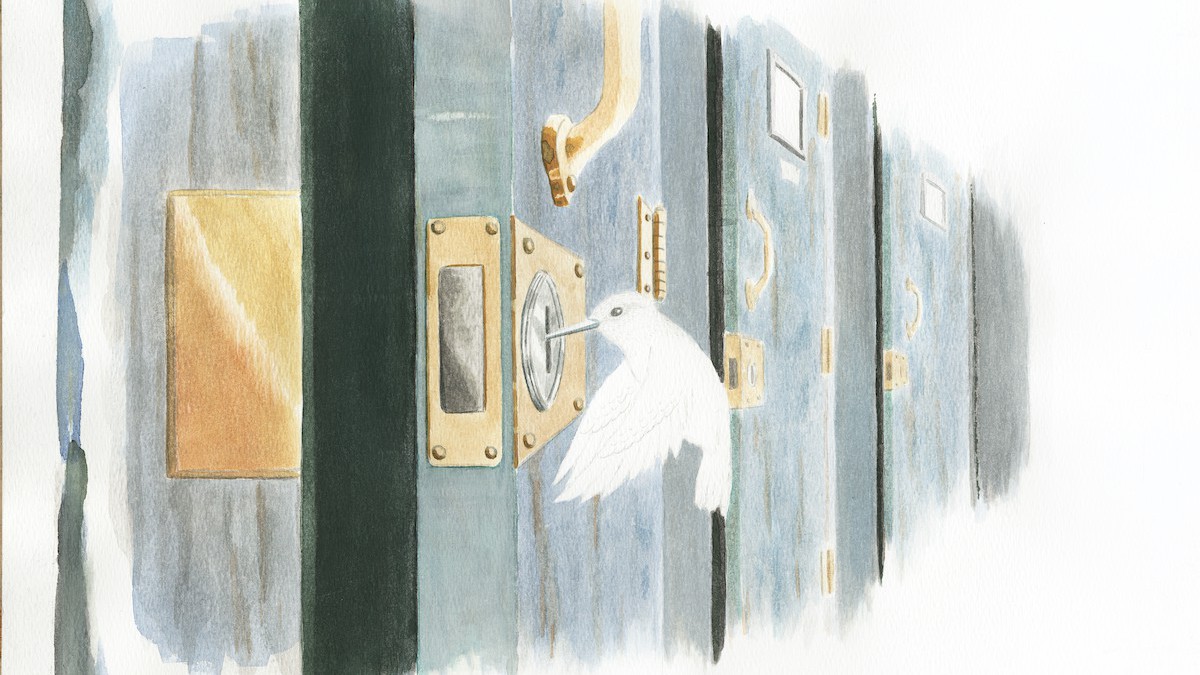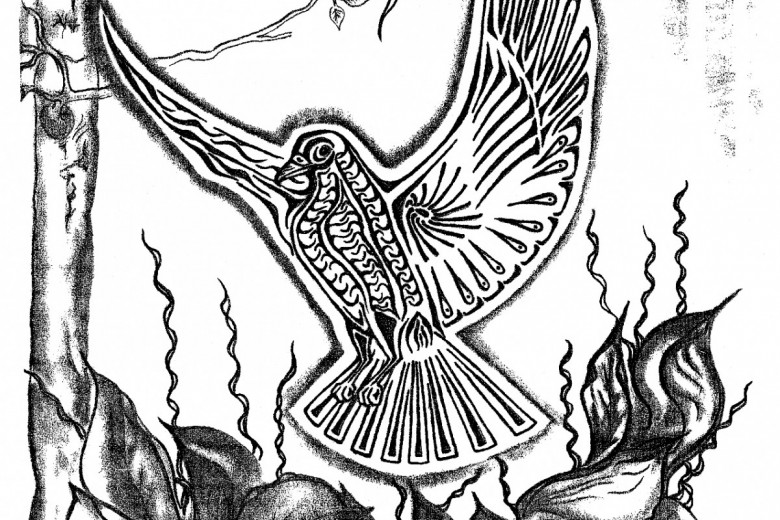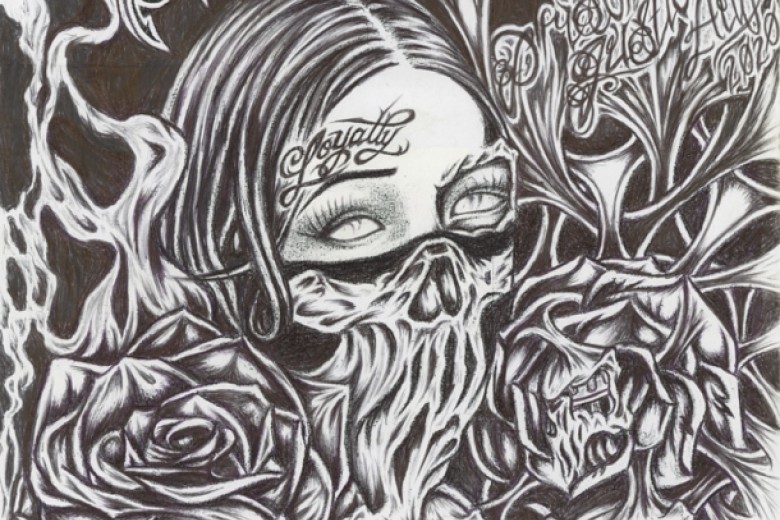For over a decade, prison reform has been one of the foremost demands of a generation calling for social justice and change within the United States – and rightfully so. Terms like “mass incarceration,” “the prison-industrial complex,” “Imprisoned Nation,” and “the school-to-prison pipeline” have become household terms, due to the fact that the U.S. imprisons 2.1 million of its citizens – more than any other nation on the planet. This is significant because the U.S. promotes itself as a beacon of freedom, a bastion of equal justice under the law, and a defender of human rights, yet the overwhelming number of Black and brown people who make up the prison population and the high number of wrongful convictions contradict government claims.
Some positive changes have been implemented in some states, ostensibly to make prisons more humane and the court system more just. However, a closer look at these so-called “reforms” will show they are largely cosmetic changes – most of them do not improve conditions for prisoners; rectify faults and abuses; enforce or introduce better methods; or abandon evil ways.
I’m best suited to speak on the situation in California, where I find myself stranded on death row at San Quentin State Prison – 22 years without state habeas corpus counsel. “Habeas Corpus,” Latin for “you have the body,” means that I have filed an appeal for a judge to determine if I have been wrongfully imprisoned – and for 22 years, the court has not offered to appoint a lawyer to represent me. California law (Cal. Gov. Ann. 68662) stipulates that the court must “offer to appoint counsel to represent a state prisoner subject to a capital sentence.” Due to unreasonable time and violation of my rights, I’m seeking pro bono counsel and/or donations to obtain qualified counsel, so I can put my innocence back before the California Supreme Court. However, keep in mind that the conditions, abuses, and methods are national.
This is significant because the U.S. promotes itself as a beacon of freedom, a bastion of equal justice under the law, and a defender of human rights, yet the overwhelming number of Black and brown people who make up the prison population and the high number of wrongful convictions contradict government claims.
California’s Department of Corrections and Rehabilitation (CDCR) has made changes in areas visible to reform activists and the public. These include the following measures: more lifers being paroled; some inmates who are sentenced to life without parole having their sentences commuted or paroled; and reasserting CDCR’s interest in rehabilitation by offering inmates 21st-century training and education in a select few prisons. CDCR also has plans to roll out a tablet program for all inmates, though I believe it has been proposed in order to have more inmates self-isolate in their cells. Positive changes, for sure – but those changes can also serve to mask the debilitating conditions of control that the CDCR continues to implement within the belly of the beast. These are the conditions that prison reform activists don’t see or rarely address when actively working for reform.
Reform, from my experience over nearly three decades of being imprisoned, has not led to improvements in prisoners’ lives. The daily maladies that I and the vast majority of prisoners within Imprisoned Nation encounter are not being addressed. Prisoners across the nation have been reporting on, demonstrating against, and in some cases fomenting uprisings in righteous protest against food inadequacies, abuses of power, psychological warfare, inhumane conditions, inadequate health care, solitary confinement, the high cost of telephone calls, unfair parole hearings, and the daily attacks on their dignity.
Positive changes, for sure – but those changes can also serve to mask the debilitating conditions of control that the CDCR continues to implement within the belly of the beast.
Allow me to expand on a few of these maladies.
Meals: at one point, prisons served meals that were well-balanced, of nutritional value and portions adequate for a “working” adult. Today’s meals are often inadequate, with minuscule portions, low nutritional value, and only intended to hold an adult over until the following meal. At San Quentin State Prison, meals partly consist of a daily issue of powdered eggs and potatoes, a meat substitute that is either soy, tofu, and/or synthetic, and vegetables that are consistently overcooked.
Health care: this has been outsourced to private, for-profit companies that fail to address prisoners’ medical issues in order to minimize cost. Across Imprisoned Nation, prisoners experience medical neglect, lack of treatment, misdiagnoses, and medical malpractices. In addition, women face other sanitary issues and illegal sterilization. As a result, states are paying out millions in settlements.
Abuse: mistreatment – from physical and sexual abuse to unseen abuses like psychological warfare – has never been truly addressed by reformists or the CDCR. Physical and sexual abuse or assault, including rape and impregnation of prisoners at the hands of correctional officers (COs), remains a reality for inmates. Also well documented is the role that COs play in fuelling inmate-on-inmate violence, through well-orchestrated methods of divide and conquer – like the Gladiator Fights orchestrated by prison guards in the ’90s at Corcoran State Prison that resulted in the murder of Preston Tate.
Appealing grievances: over the past decade in California, Title 15 – California’s codes and regulations for adult prisons – and the 602 inmate appeal grievance process have been altered to reduce their effectiveness. From what I can tell, Title 15 has been stripped of relevant information and text, which has been replaced with legal citations that are hard to understand. The 602 inmate appeal grievance has been restructured over the past decade – 2011 revisions left prisoners in the dark about whether their appeals had been delivered or why they were rejected, and then in 2020 the CDCR stopped almost all 602 appeals from being filed during COVID. Today, it’s still difficult to resolve a grievance based on merits and facts, resolve it at the preliminary level, or have the 602 reach the institution’s appeal coordinator/director. In my opinion, the purpose of stripping Title 15 of all relevant information is to make it more difficult to file a 602 inmate grievance using that information.
At San Quentin State Prison, meals partly consist of a daily issue of powdered eggs and potatoes, a meat substitute that is either soy, tofu, and/or synthetic, and vegetables that are consistently overcooked.
Restitution: this has become an untenable issue for prisoners in California. The court can order a prisoner to pay the full amount of the “economic loss” suffered by the victim. In addition, CDCR has been violating California law (Penal Code 1243) that stipulates restitution shall be stayed upon completion of appeal for those sentenced to death. Instead, I know of condemned prisoners who have been forced to pay restitution fines, despite the recent People v. Chhoun (2021, 11 Cal.5th 1) judgment, which makes it clear that there is an automatic stay until completion of appeal and that wages shall only be garnished from “working” inmates.
If prison “reform” does not address or transform the main concerns and conditions that plague prisoners’ daily lives, then neither rehabilitation nor combating recidivism are the true goals of state corrections departments and prison reformists.
In my opinion, reform is a great propaganda tool for politicians and corrections departments who wish to present a good picture of the prison system to the public. But what reformists fail to realize is that officials hold a vested interest in maintaining the status quo – a system of incarceration that guarantees more jobs in security and law enforcement, political campaign contributions, and cheap labour for corporations. Officials view the majority of prisoners as fundamentally incorrigible, with only a chosen few inmates possessing redeeming qualities.
But what reformists fail to realize is that officials hold a vested interest in maintaining the status quo – a system of incarceration that guarantees more jobs in security and law enforcement, political campaign contributions, and cheap labour for corporations.
If prison reformists truly wish to see changes that transform the conditions and inner workings of prisons, they must seek to connect with and engage activist prisoners who are putting themselves at risk to achieve true “rehabilitation and transformation” within prisons. This rehabilitation and transformation looks like corrections departments not restricting what prisoners can read or study, as well as providing the tools and resources that will bring prisoners into the 21st century – from technology to media to counselling. These changes will not make prisons the Comfort Inn, but they will retain prisoners’ dignity and humanity and ensure they show up correct upon re-entry into society, remain free, and do right by their families. Prison reformists must constantly ask themselves: “In the interest of reform, who are we connected with inside; what does reform look like, and what is the end goal?” Once these questions can be answered, the hard work of “reform” can begin.
From my stance on Maa, a voice from death row.
How I feel
Sun up high in the sky
I love that feel
Sea-gulls glide by
I wanna know how that feel
Sometimes I wish I could fly
Even with my determination and will
Barb-wire discourages any try
I’m just keepin’ it real.
Vulture in the sky
Am I their next meal?
Gun-man up high
clutchin’ cold steel
Can you imagine how I feel?
Picture this in a pale
A butterfly fluttering amongst this
concrete and steel.
Bringin’ a smile to a hardened male
he softens at the ideal.
Killers defending an insect’s life;
becomin’ its sentinel and shield
Decades ago they captured
butterflies in a field
Now they know how it feels.
Visits give me a high
that’s how I feel
Time flies by
with only hours to build
Never do I let them see me cry
though I’m on an emotional reel
That’s how I feel.
Empathy is a delicate feel
from our experience is how we feel.
The cell
The Cell
my cage
my hole
my box
my darkness
in the belly of the
13th Amendment
The Cell
my haven
my privacy
my solitude
upon being locked in
The Cell
my cave
my revelation
write
read
The Cell
my bodhi tree
my enlightenment
that inspired purpose and
consciousness
The Cell
my generating ability
my growth
my productivity
my empowerment
for justice, life and freedom
The Cell
my university
my classroom
my lab
my art studio
and realization: I’m forever a student
The Cell
my living room
my kitchen
my bedroom
my bathroom
The Cell
my business
my office
my harnessed, ambitious spirit
The Cell
my incarceration
my isolation
my sensory deprivation
to instill penance
The Cell
never my home
never my house
just a cell
like every other cell







